Making up for lost time
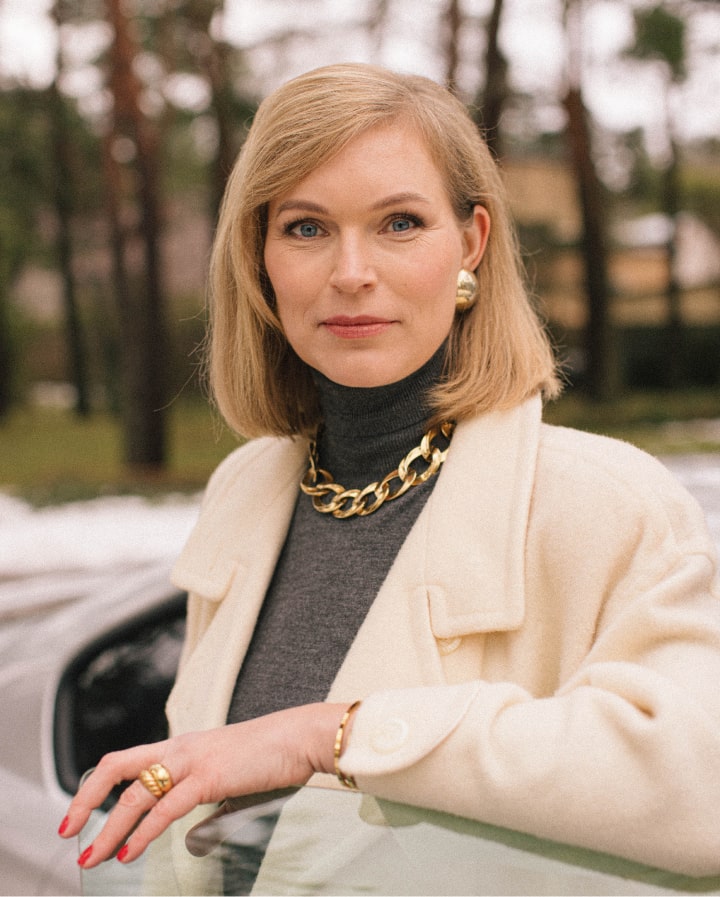
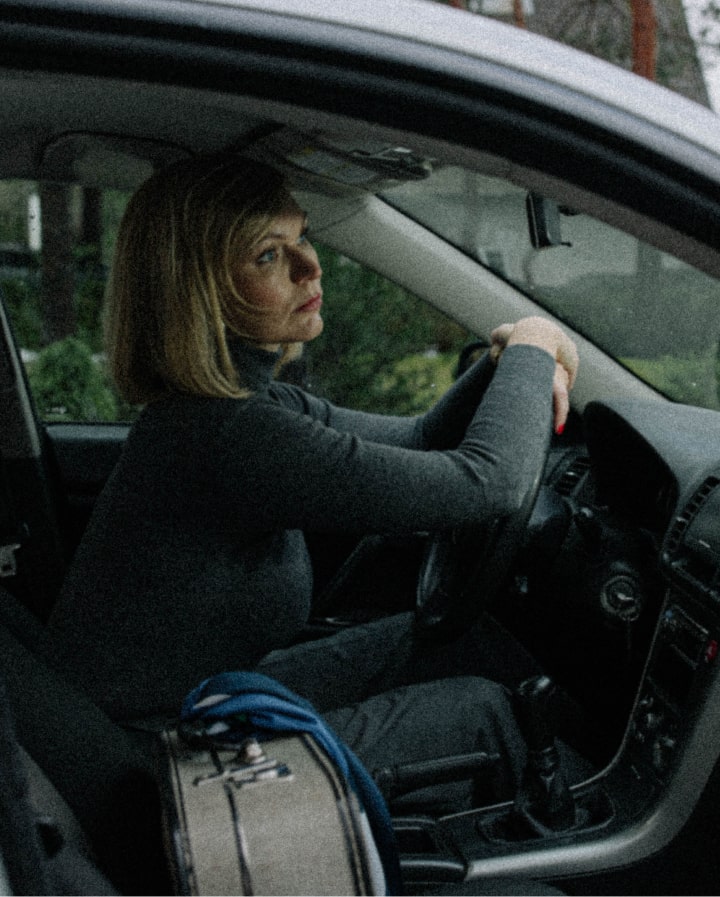
Anna-Greta’s breakup was simple and rather undramatic. There were no big arguments, no broken dishes. Rather than parting with her long-time companion in a particularly fraught and emotional moment, the decision to leave came to her over time.
Anna-Greta recognised that they were on their own separate paths and that the time had come to part ways. And that’s how she wound up selling her Subaru Legacy to an old acquaintance. “It was all quite natural,” said Anna-Greta of the whole affair. “I don’t regret the decision at all.”
Anna-Greta doesn’t consider herself an automotive enthusiast, nor claims to have ever really cared deeply for cars. For this mother of four who also leads an international tech company in the forestry sector, a car was always a means of getting around. Car ownership was a part of her life for two decades, and through the births of her first two children.
I sat at home, and so did the car
When the third child was born into her family, which lives in a leafy suburb of the capital, the car was rarely used. Anna-Greta sat at home for months with her newborn child, and the car sat as well.
She played with the idea of getting a bigger car for a while — one that could transport not only the whole family but the family dog too. But she couldn’t find any larger vehicles she liked, and her car was getting older.
That meant more annoying responsibilities like inspections, seasonal tyre changes, and everyday maintenance. Which, of course, meant more time and money.
When she returned to work, Anna-Greta found that she enjoyed taking her bicycle more or that, in any case, she could get a Bolt if needed. The thoughts of buying a bigger car were buried.
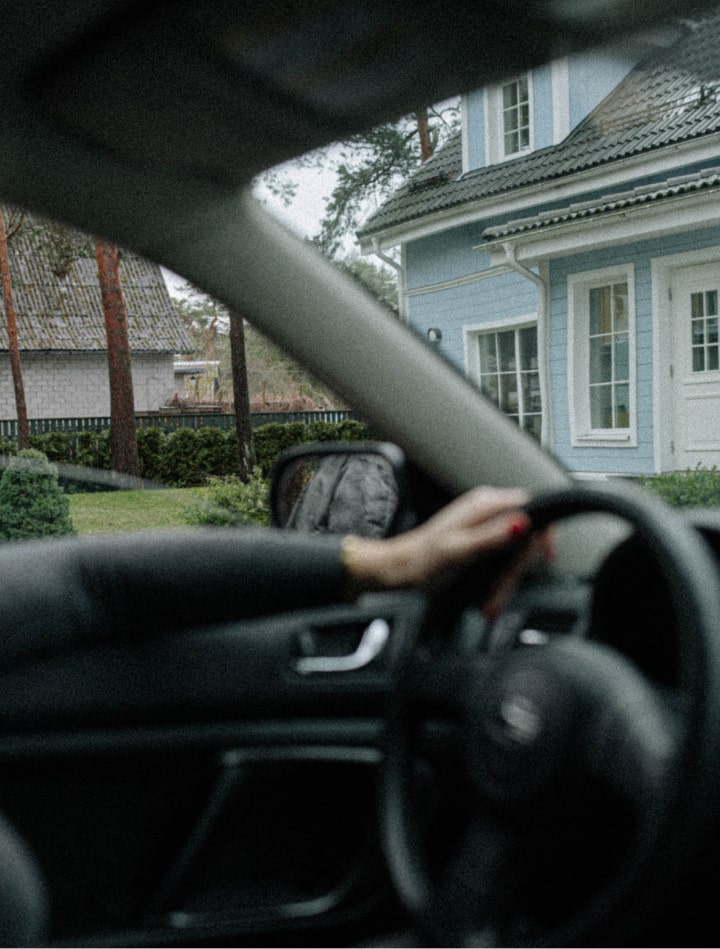
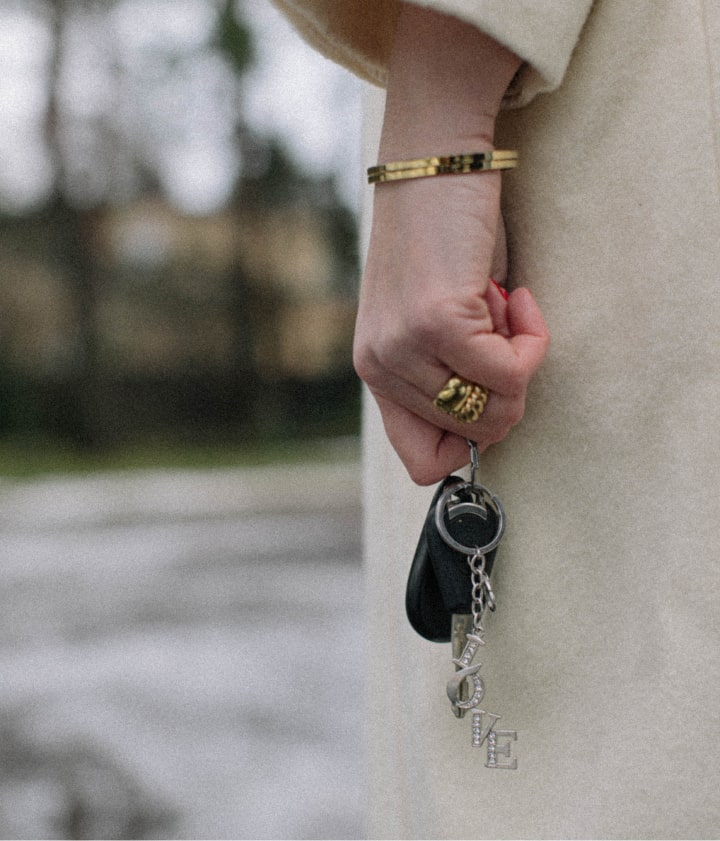
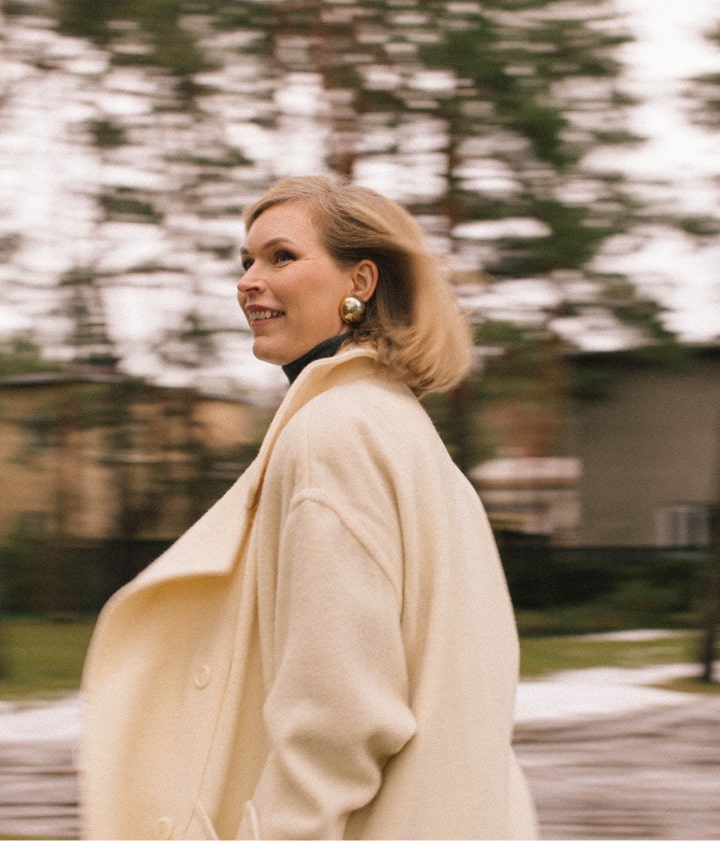
Simple mathematics
“With cars, the minimum monthly expense is about €250,” she said. Though that number can vary widely, car owners who also pay a lease might pay several times more on average. “As such, I spend less money using Bolt,” she said.
But the biggest win was time. With a personal car, she constantly found herself on the road or stuck in traffic to pick up and drop off kids or get groceries. Research shows that the average Londoner spent 156 hours in traffic in 2022. Now, Anna-Greta estimates she’s saved about six working hours per month by not acting as the family driver. And she repurposed the newly found time towards building her company.
Her older kids are already adept experts at using Bolt or public transport, too. And as for the younger ones? “It’s normal for them. They know that their mum travels with Bolt,” said Anna-Greta.
Anna-Greta didn’t give up driving completely — when in need, she usually opts for shared Bolt Drive cars. She’s also taken to carpooling with colleagues, which gives her more time to bond and brainstorm. “It’s a positive thing,” she added.
I was so done with that life
Anna-Greta doesn’t judge anyone for hanging on to their own cars. They have their reasons. As for her, there’s no desire to go back to car ownership. “I was just so done with that life,” said Anna-Greta.
She might take a plane, though, and soon too — Anna-Greta’s company recently opened up an office in Brazil. The company offers solutions that improve efficiency and logistics for the forestry industry, helping to maximise resource use.
Getting people to change, she noted, requires more than just new technology. Like her decision to give up her car, encouraging managers to adopt new platforms requires a shift in mentality.
“Mindset is number one,” she said, “as well as the ability to understand that it’s time to future-proof your life.”


Need help breaking up?
Bolt is a mobility app that helps you break up with your car and live a better, healthier and more sustainable life. Download the app and enjoy our ride-hailing, scooter, e-bike, and car-rental services.